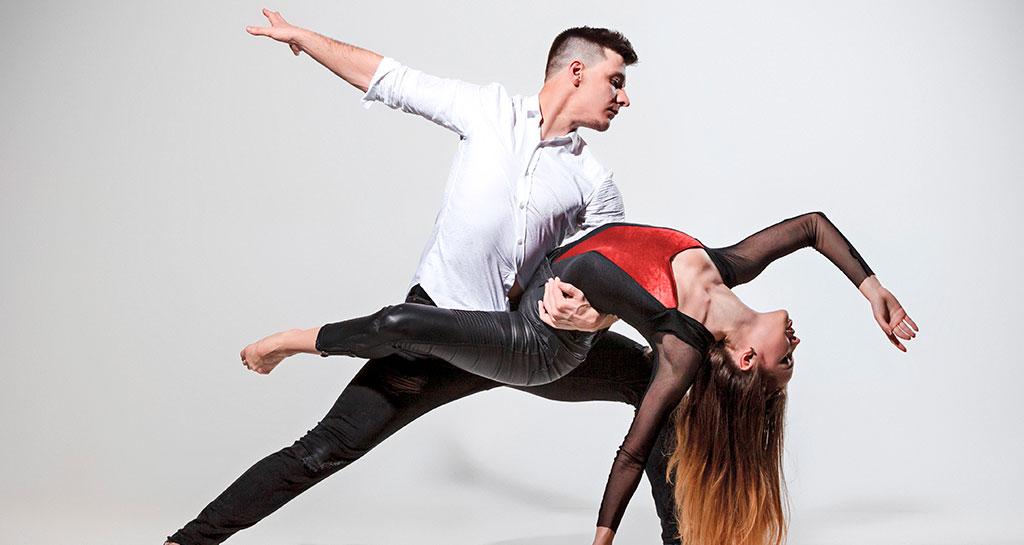The contribution of coaching to athlete dancers will establish a system of self-awareness that will allow them to act independently when problems arise. Thanks to the questions, the tools and the framework that the coach will ask, it will be possible for him to help the athletes to use a system of rules and guidelines allowing them to practice their sport with a minimum of problems.
The coach will have the ability to instill confidence in the athlete dancer through his work and his ability to set, adjust, find and define goals, thanks to his attention to finding resources to access the development of their skills. , adapted to their needs and thanks to its capacity for non-judgment.
The professional coach is neither a therapist, nor a counselor, nor a trainer, nor a friend. He is a professional who helps to think, using various methods, who will accompany individuals towards autonomy in the changes they wish to make, by finding solutions to problems on their own. These transformations will be effective in the long term because the client will develop, with the help of the coach, a better search for himself and the resources at his disposal. Consulting is a short-term solution, because the solution will come from outside and the client will not be able to handle the issues alone in the future. Coaching is not mentoring, the mentor will pass on their skills and knowledge by example. Coaching is not therapy, it focuses on the present and the future, while therapy focuses on finding the triggering behavior in the past.
In a coach-dancer coaching process, it is of crucial importance to determine the coach’s ability to adapt, depending on the problem, as well as his self-development to different types of athletes.
Coaching will have as main objective the release of the dancer’s potential, the development of his internal resources and the development of his awareness of his situation:
• Understand why he does what he does
• Identify their strengths, their motivations
• Establish achievable goals
